The Future of Food Conference: Emerging Trends Towards 2025
At a business networking breakfast held in Melbourne, Chr. Hansen’s Director of Corporate Strategy, Dr Kelli Hayes, shared key insights and changes that can be anticipated in the world of food and health during the next ten years, including:
- Consumers’ move to a new food world – where real food is demanded by more people
- The predicted future of the Dairy category
- The shifts in the five value drivers (tasty, healthy, convenient, authentic, and safe) consumers will use to make food purchases and choices over the next decade
- The ongoing consumer concern over food’s affordability
Dr Hayes – who has who recently conducted a project on future innovations in food, - emphasised that consumers’ pursuit of real food is a constant negotiation among the five value drivers and the dilemmas and trade-offs they involve.

“Negotiating these drivers results in people facing difficult dilemmas and contradictions. For example, consumers often find it difficult to find healthy foods that are also safe to eat since the healthiest foods are those that are high in nutrients and contain no chemicals, but such unprocessed, fresh foods tend to be unstable and present a safety risk. Consumers also think it is difficult to find food that is both healthy and convenient since eating healthily requires extra time and energy that people are hard-pressed to find.”
“Providing affordable solutions that meet multiple value drivers will be the key to the industry’s success and present significant innovation opportunities,” Dr Hayes said.
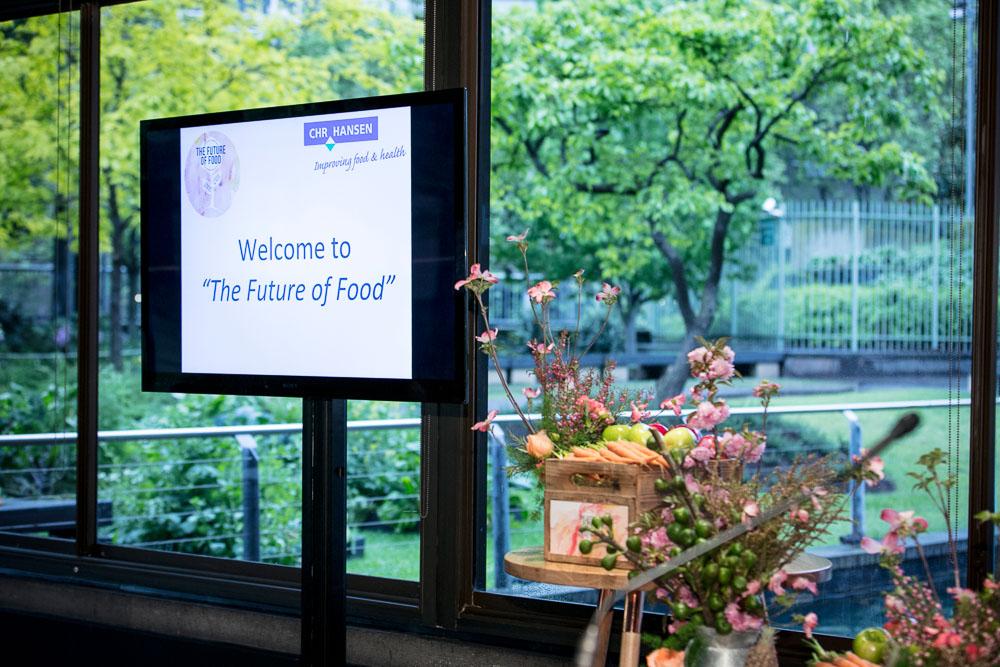
These insights into understanding changes in consumer food behaviour were gathered from research undertaken in three influential markets:
- United States, where consumers and producers are pushing new and innovative food practices
- Europe, which has changing consumer habits, regulators considered ahead of other markets, and innovative retailers
- China, which has high growth and large scale potential
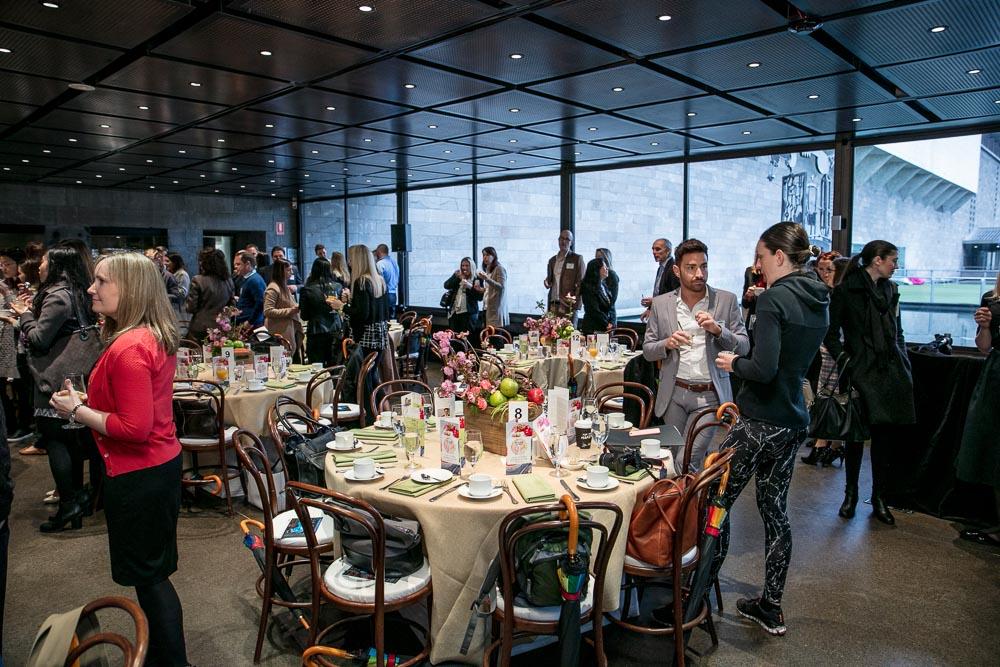
Dr Hayes was joined by guest speaker, Social Researcher, Mark McCrindle from McCrindle Research who discussed a range of issues including the emergence of mega trends in Australia and how these are impacting consumer behaviour towards food, shopping and eating. Some of the mega trends highlighted were:
- Impact of cultural diversity – Australia now has the highest proportion of its population born overseas in 150 years, which is making food offerings in supermarkets and restaurants a lot broader and more interesting;
- Affordability - pushing people to buy differently through switching brands or supermarkets or buying in bulk;
- Sustainability – people looking to create a smaller environmental footprint as well as looking at where food comes from and the ethical choices made during production;
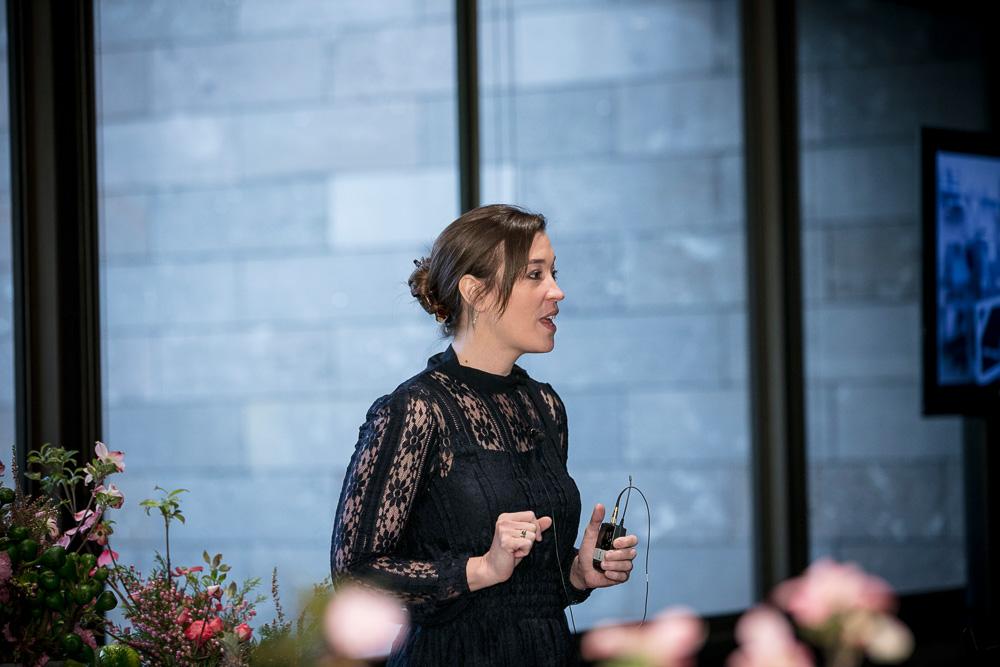
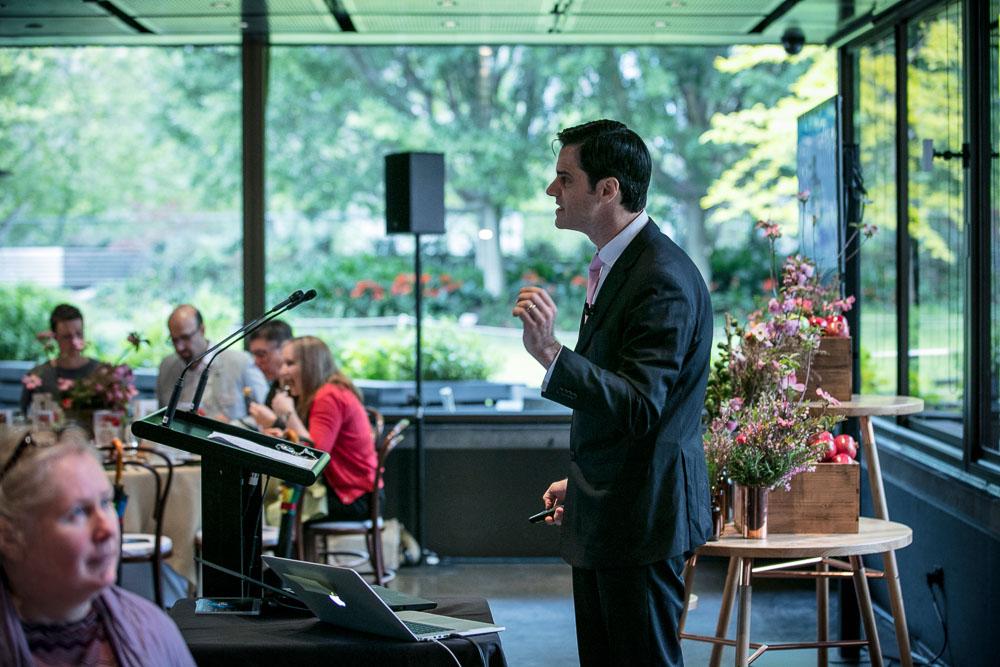
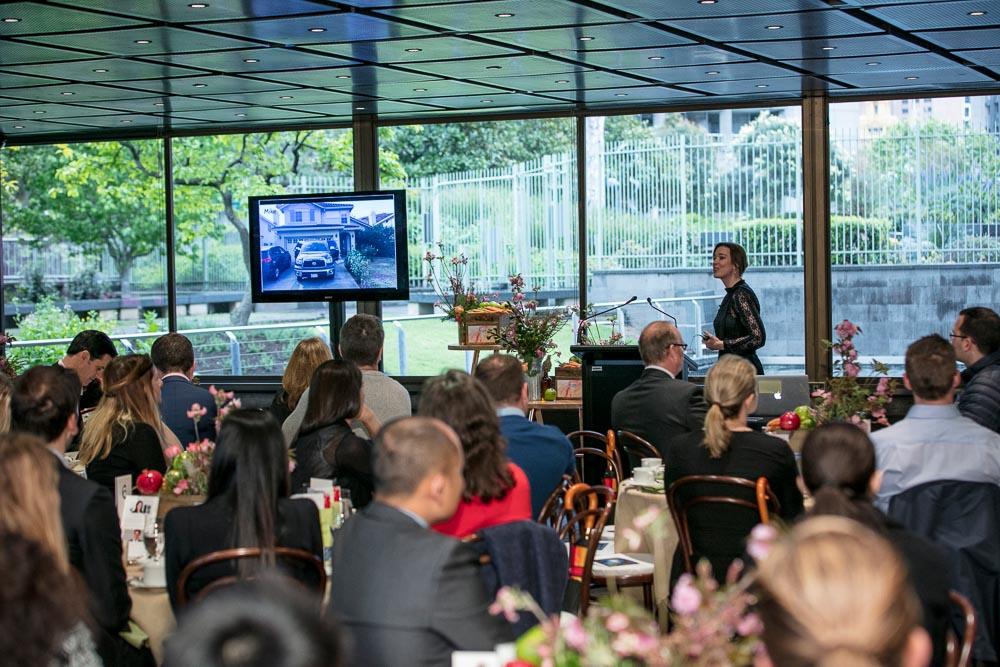
Mr McCrindle also discussed the impact of Generation Y emerging and starting to have families in record numbers.
“We are seeing a group of parents who are more food literate and tech savvy than ever before. They are label readers and seek information about the foods they buy and are particularly conscious when buying food to feed their children. The other trend we are seeing is that online shopping for fresh food has not taken off like other categories and this is because people are still keen to see, touch and smell their food before purchasing it,” Mr. McCrindle said.
Other local trends Mr McCrindle discussed included the continuing emergence of indigenous foods to provide a local connection and flavour to Australian cuisine. McCrindle described Australians as ‘experimental’ and ‘forward thinking’ when it came to embracing new foods and cuisines.
The speakers addressed over 90 industry leaders and media at a breakfast held at the NGV International in Melbourne. A similar event will be held in Sydney at Taronga Zoo’s Harbourview Terrace on Thursday 20th October.
